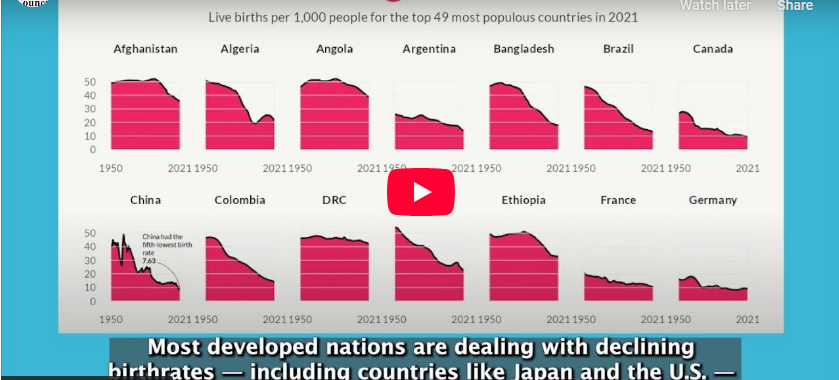A.G., School Districts Push Back Against Lawsuit Over Ten Commandments Displays

Last week, public school districts and the Arkansas Attorney General’s office asked a federal court to dismiss the lawsuit over a measure placing copies of the Ten Commandments in Arkansas’ public schools and buildings.
Act 573 of 2025 by Sen. Jim Dotson (R — Bentonville) and Rep. Alyssa Brown (R — Heber Springs) requires privately-funded copies of the Ten Commandments to be displayed in public schools and other public buildings in Arkansas.
The measure received strong support in the Arkansas Legislature earlier this year, and Act 573 is slated to take effect in August.
However, in an effort to block Act 573, lawyers from the ACLU and a group of atheist organizations filed a federal lawsuit against four public school districts:
- The Fayetteville School District
- The Springdale School District
- The Bentonville School District
- The Siloam Springs School District
Arkansas Attorney General Tim Griffin has intervened in the case as well, and his office is defending Act 573.
Last Wednesday, lawyers for the school districts and the A.G.’s office asked U.S. District Judge Timothy Brooks to dismiss the case.
The school districts argue the plaintiffs lack standing to sue the school districts and that the case is premature.
In a separate brief, Attorney General Griffin’s office argued Act 573 is constitutional because “the Supreme Court has repeatedly recognized, the Ten Commandments have enormous historical significance ‘in America’s heritage.'” Attorneys for the A.G.’s office also argued the case is premature and should be dismissed.
Over the years, the U.S. Supreme Court has ruled that states are free to honor and recognize documents or symbols that are important to our nation’s history — like the Ten Commandments or the national motto.
The Ten Commandments are one of the earliest examples of the rule of law, and they have had a profound impact in shaping our society and our government.
During her testimony in support of Act 573 last April, Rep. Alyssa Brown noted that the U.S. Supreme Court uses a “longstanding history and tradition test” to decide if it is constitutional to display something like a copy of the Ten Commandments. Rep. Brown said, “The Ten Commandments without a doubt will pass this longstanding history and tradition test.”
We believe our federal courts ultimately will agree and uphold Act 573 as constitutional.
Articles appearing on this website are written with the aid of Family Council’s researchers and writers.




